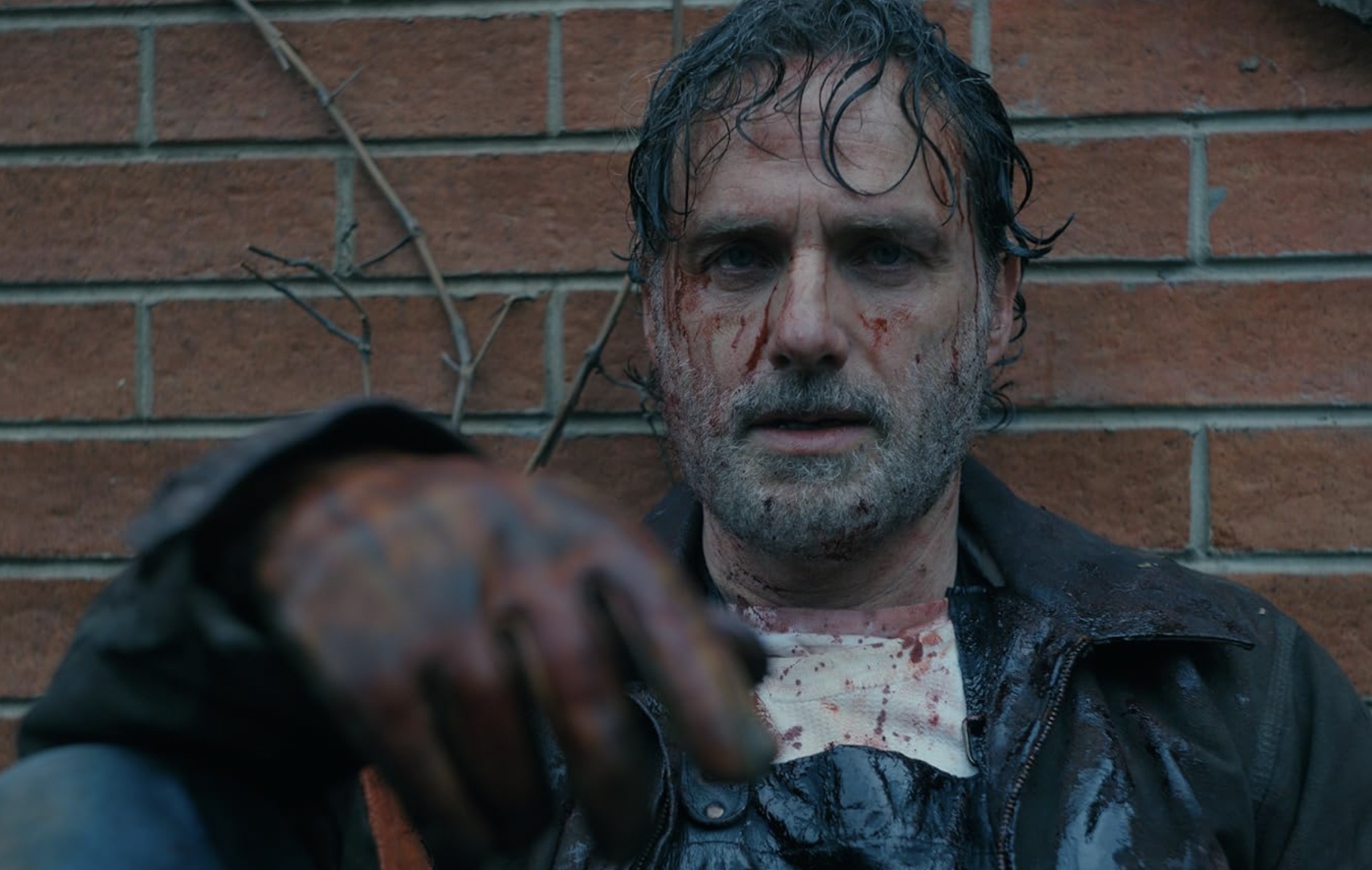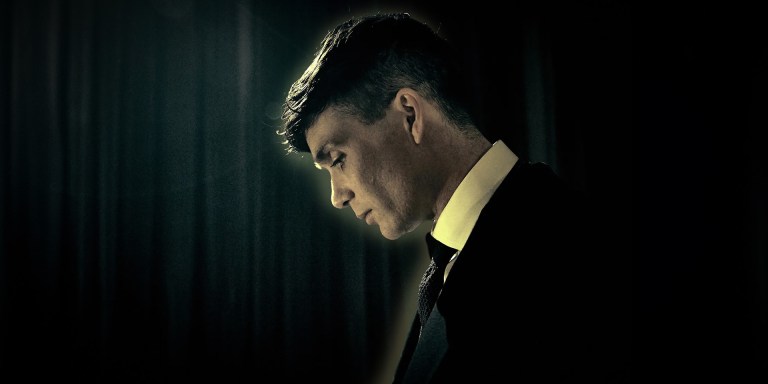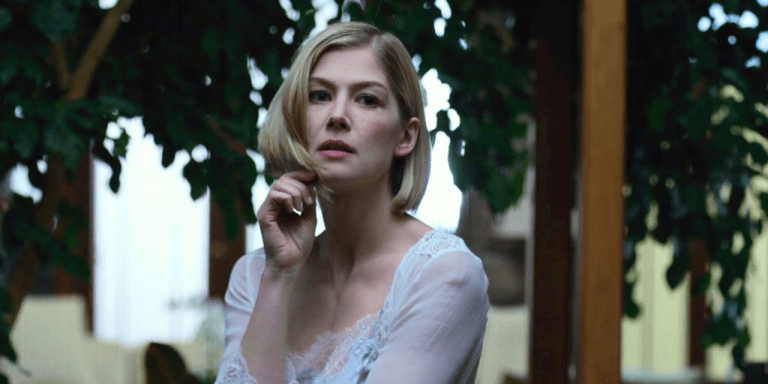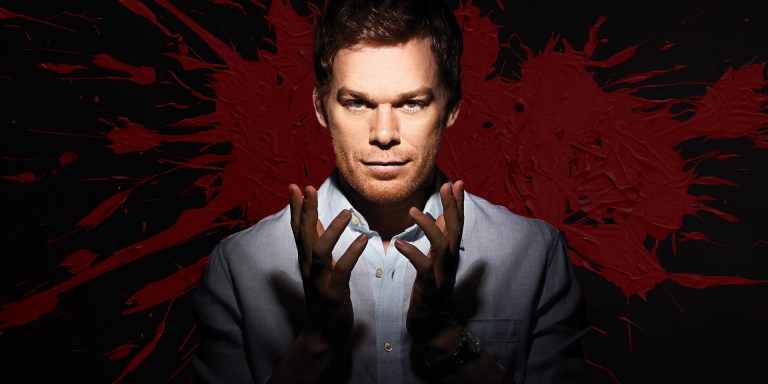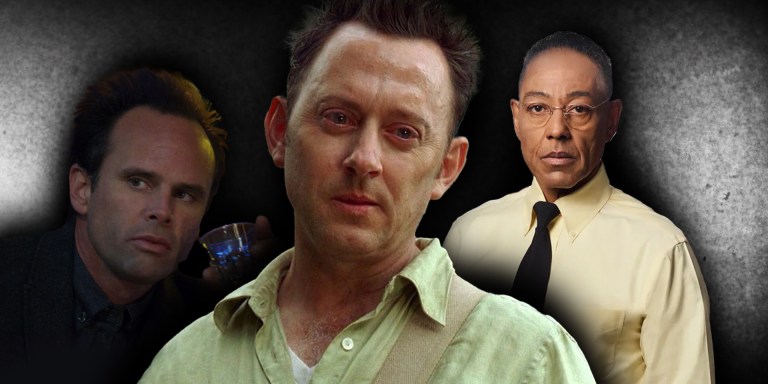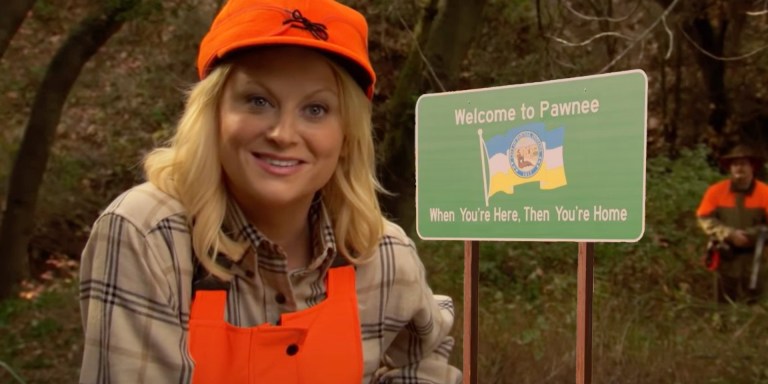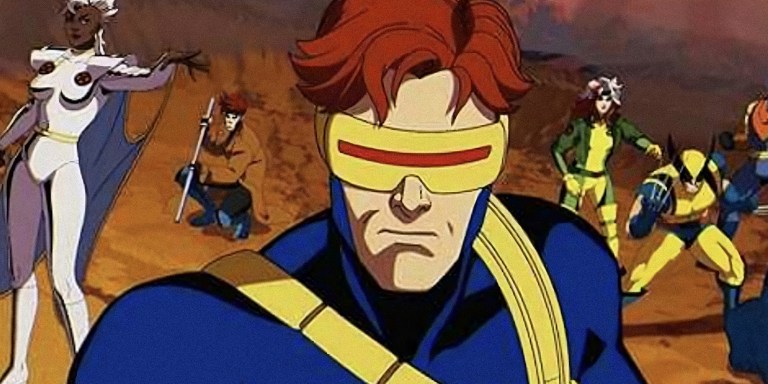How does a walker lumber through the countryside? They just keep on walking. It’s a terrible joke – much in the same vein as anything associated with the previous jewel of the zombie crown known as The Walking Dead. What started as innovative and riveting television turned into the CSI of the zombie survival genre, boasting cookie-cutter characters, copycat themes, and countless spinoffs. With the recent release of the seventh entry in the series, The Walking Dead: The Ones Who Live, there appears to be no end in sight for it either. The franchise’s chief content officer, Scott Gimple, agrees, telling Variety: “I think it can go on forever.” For the love of George A. Romero, though, someone – anybody – needs to put a screwdriver through this franchise’s head once and for all.
‘The Walking Dead’ captured the cultural zeitgeist along with ‘Game of Thrones’
The Walking Dead debuted six months before Game of Thrones. Unsurprisingly, both shows found themselves consuming water-cooler conversations for the next few years due to their unpredictability and ruthlessness. Fans tuned in to every single episode, chewing their nails and freaking out about which popular characters would be killed off because no one was safe in either series. With each passing season, the showrunners also introduced a slew of new characters for the audience to fall in love with and bawl ugly tears over when they were murdered in horrendous ways.
Game of Thrones hit the eject button at the right time, though. Season 8 might not have been the most beloved in the show’s run, but it concluded a story that threatened to become overly bloated and redundant. (The Seven Kingdoms returned a few years later with the prequel series, House of the Dragon.) Rather than follow suit, the White Walkers’ TV cousins – the regular walkers – continued to saunter along as their main series received 11 seasons and then spun off into other shows. But how can absence make the heart grow fonder if something never goes away in the first place?
Even the comic book series called it a day
Created by Robert Kirkman, Tony Moore, and Charlie Adlard, The Walking Dead comic book series kicked on for 193 issues from 2003 to 2019. It was a lengthy and substantial run, but it reached a decisive conclusion. For Kirkman, he took the decision to pull the plug because he told the story he wanted to tell, and anything further would be meandering for the sake of peddling more books. So, he wrapped it up and went off to work on other projects, such as Fire Power.
Much like Game of Thrones, The Walking Dead television show reached a point where it deviated from the source material. In the comics, Carl Grimes survives and lives out a happy life with his wife, Sophia, while his father, Rick, is the one who is six feet under. Expectedly, these changes made it difficult to conclude the franchise in the same manner; however, the overall theme still stands.
At its core, The Walking Dead is all about accepting what cannot be changed. Even though the world is overrun by walkers and their population continues to grow at an astronomical rate, the point is that life carries on. People need to find their own piece of utopia amid the apocalypse. Life sucks, yes, but it’s all about how one lives out the precious time they have left on Earth. The Walking Dead show and all the various spinoffs aren’t oblivious to this concept; however, they favor the rinsing and repeating of betrayals and upheaval rather than conclude the story for a simple reason: Ratings.
Until the ratings drop, expect more of the undead
According to the Nielsen ratings, the debut episode of The Walking Dead: The Ones Who Live pulled in 896,000 viewers, which is 265,000 more viewers than the first episode of The Walking Dead: Daryl Dixon. While it’s a far cry from the 17.29 million who tuned in for the Season 7 premiere of The Walking Dead in 2016, the landscape of television has changed enormously since then and these ratings are nothing to sniff at.
Sure, these recent numbers may not inspire AMC to invest in 22-episode runs, but they do show the network there is still a demand for these characters and the universe. Consequently, AMC will continue to order further shows until the ratings dwindle to unacceptable levels that don’t attract enough advertisers. It’s simple television network economics.Unfortunately, this means the legacy of what was once one of the best television shows of the 2010s suffers in the end. Even the most diehard fans cannot deny The Walking Dead is a shadow of what it was and is only kept alive because its habitual viewing for the shrinking fandom. To the average viewer, it’s no longer a discussion about the shocking deaths or a riveting storyline; it’s more a case of disbelief that the show is still going and people watch it. Much like Rick Grimes’ poor horse in the very first episode of the series, this franchise has been mauled, stripped apart, and chomped down to the bare bones. There’s nothing left to take here anymore, and it’s time for everyone to say goodbye and move on.
